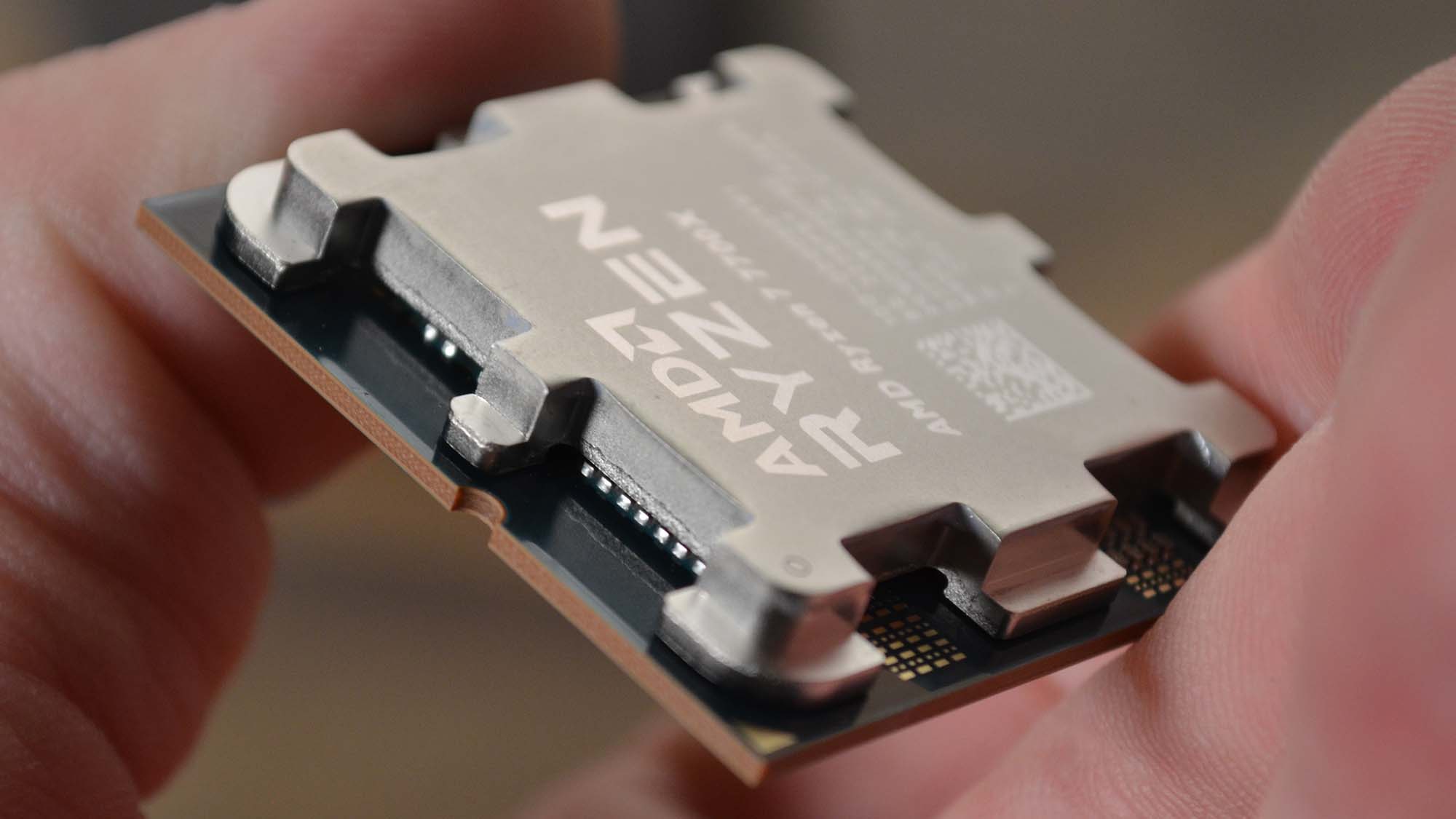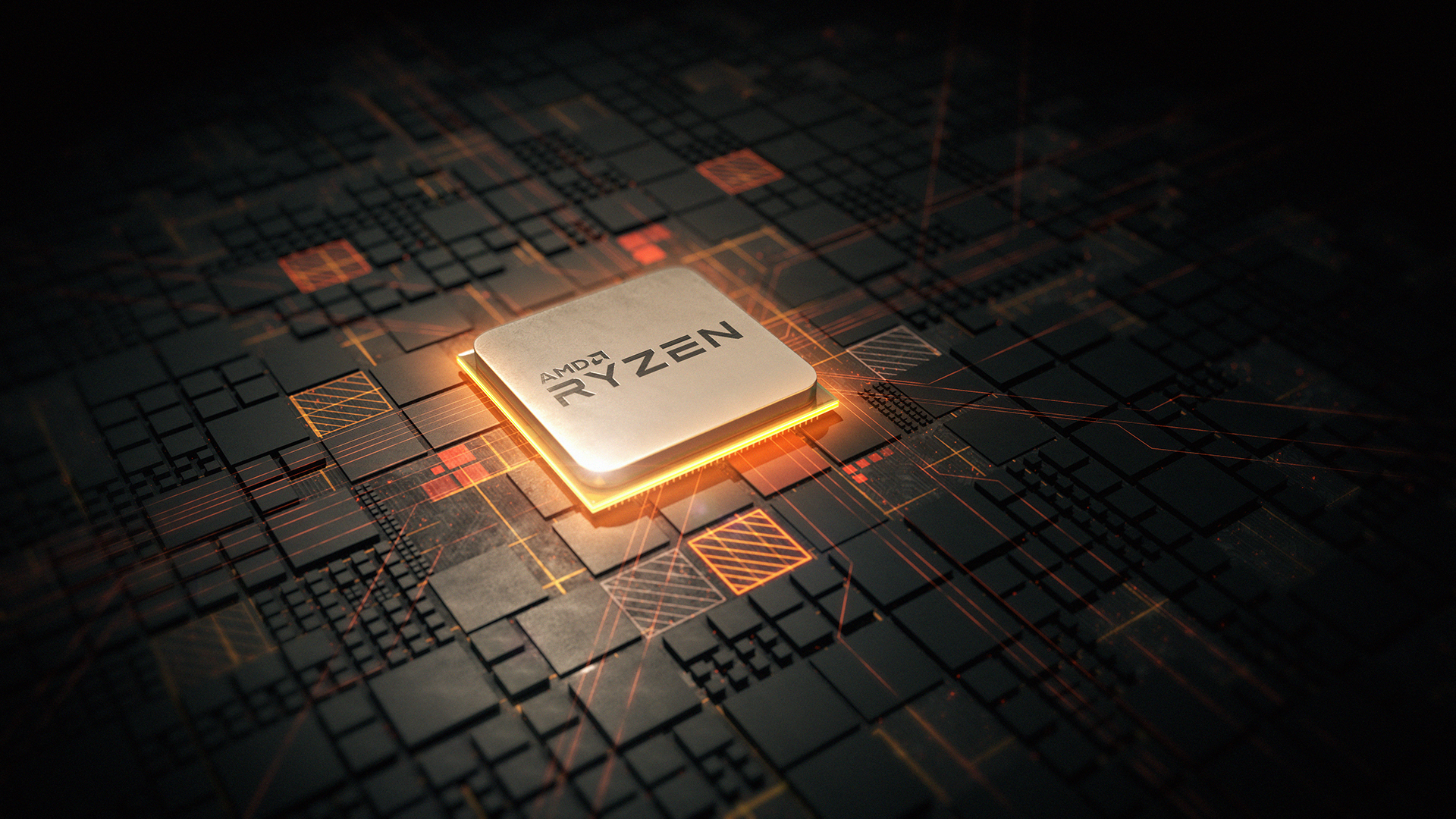
AMD has confirmed that its Ryzen 9000 processors will be out on July 31, and furnished us with a few extra details about the next-gen CPUs.
As we already knew, the initial line-up of these Zen 5 processors – which will remain using the AM5 socket – will consist of four models. Those are the high-end Ryzen 9 9950X and Ryzen 9 9900X, along with the Ryzen 7 9700X and Ryzen 5 9600X, two key models for more mainstream purchasers.
It’s no great surprise to have the July 31 date aired by AMD, but we did need official confirmation to be sure of it. Previously, the rumor mill has flung this date around with considerable abandon, and multiple retailers have put Zen 5 chips up with this date pinned on them too.
On top of that, most recently we’ve seen photos of boxed Ryzen 9000 processors that have turned up at retailers already. (All AMD said before now was that Zen 5 CPUs were coming in July at some point).
What we don’t have, sadly, is any pricing details from AMD yet, though rumors have spun up a fair bit around that topic, as always. The sentiment seems to be that AMD likely won’t change pricing much at all compared to current Ryzen 7000 CPUs. You never know, mind.
AMD goes over some old ground in terms of specs and the IPC uplift that Ryzen 9000 will provide on average, which is 16% over Ryzen 7000 – a respectable set of gains, in other words, across the new Zen 5 range.
There are some interesting bits here, though, including the official introduction of ‘Curve Shaper’ which is an overclocking feature that was previously teased. Also, we can see the TDPs of the Zen 5 processors confirmed, and they remain as first announced by AMD at Computex, with both the power consumption of the 9700X and 9600X at 65W. Why’s that noteworthy to pick out? We’ll discuss that next.

Comparison oddities
A quick bit of background here: That TDP of the Ryzen 9700X at 65W has been dropped from the 105W that its predecessor (the 7700X) consumed.
Now, as you might recall, there was a bit of a song and dance (or at least a song) around the 9700X when an AMD exec observed that the current-gen Ryzen 7800X3D would be faster than it for gaming – and that this was to be expected. Well, as we pointed out at the time, not really – stepping back a generation, that wasn’t the case with the 5800X3D versus the 7700X, where the latter was actually a touch faster (though they were pretty much equal, to be fair).
So, there was a little tinge of disappointment around the potential gaming performance of the 9700X based on these AMD statements. In turn, this led to a rumor that Team Red might, at the last minute, crank the TDP of the 9700X (in other words, speed up the clocks, and get some better gaming performance levels in the face of the mentioned criticism).
Well, we always thought a potential near-doubling of the TDP – which the rumor suggested – seemed highly unlikely (to put it mildly), and AMD has confirmed this isn’t happening, and that it’s sticking with 65W.
However, while AMD compares the 9700X to the 5800X3D (two generations removed) in the materials highlighted by Wccftech – which seems like a cop-out to say the least – in fact, according to OC3D, Team Red did also put the 9700X up against the 7800X3D and found it was 2% faster than the current-gen 3D V-Cache workhorse.
This was not the suggestion previously, and it’s an interesting minor twist to the tale here. Have AMD’s comparative gaming benchmarks here been cherry-picked to a higher degree? Well, we don’t know, and we really need to wait to carry out our own tests to find out how the Ryzen 9700X performs with its much lower TDP. If it can essentially keep pace with the generational gains made by the 7700X, using a whole lot less power, that’ll be quite impressive – but until we see the CPU in action, we’ll reserve judgment, as ever.
Whatever the case, folks hunting for a mid-range CPU for a gaming PC will likely want to wait for the 9800X3D anyway, especially as the next-gen X3D could arrive as soon as September in theory.







